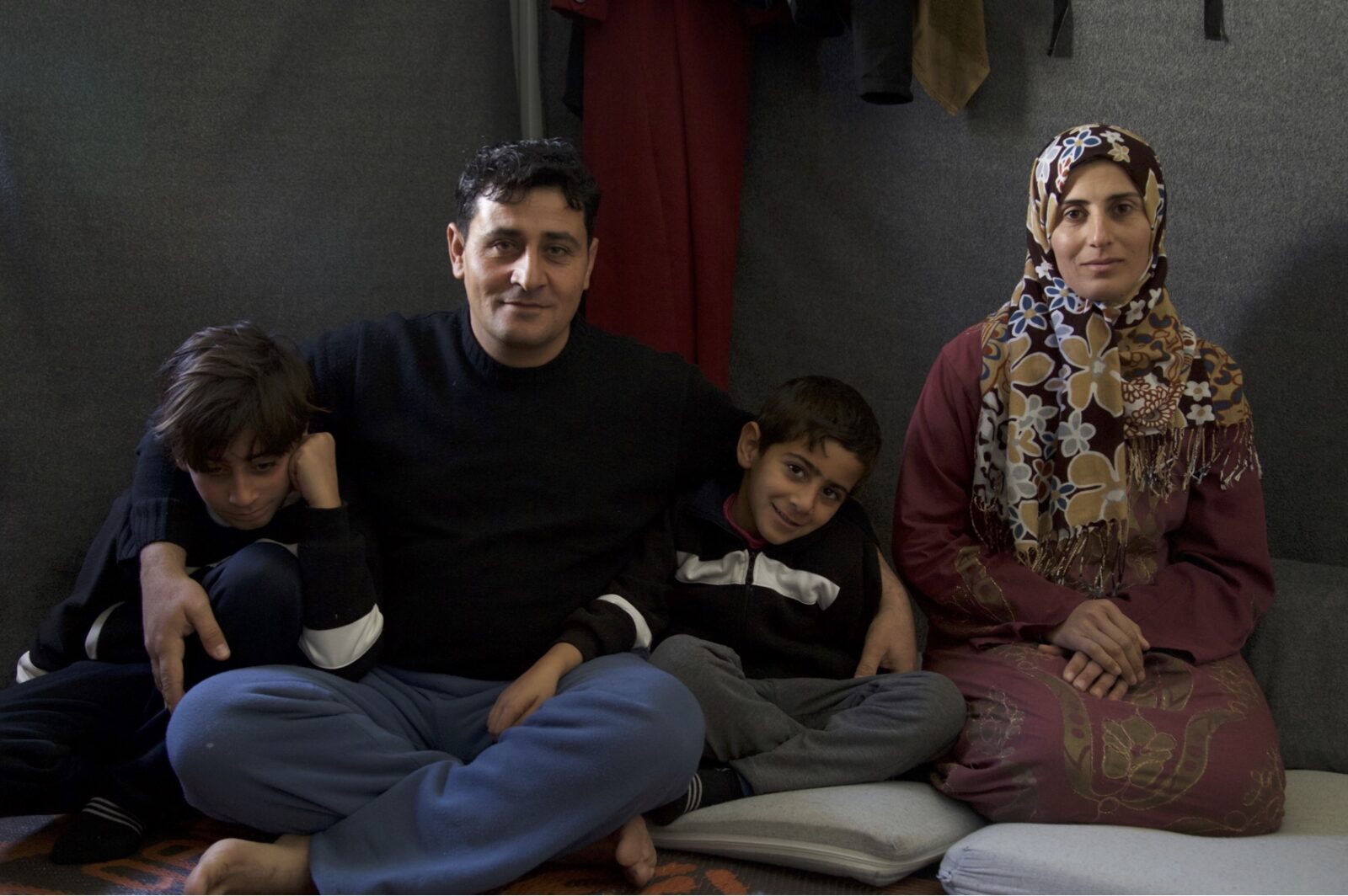Good practice
Helping refugee children by helping their parents
This blog post was contributed by Annemiek Hoppenbrouwers (Fontys hogeschool).
“Did you have a nice holiday?” I ask my colleague. She starts telling me about the activities she and her children did together and how much fun that was. “So yes, the children were having a very good time and when they enjoy themselves I’m happy as well”.
I have learned to say nothing about it, because I know that parents really believe that they can make their children happy by doing fun things with them.
As long as my parents are happy
Every child with an unhappy parent knows it’s the other way around. Parents do not become happy when their children are happy, but children become happy when their parents are. For a child, no yoke is as heavy as having an unhappy parent. The founder of contextual thinking (a form of system-oriented thinking), Iván Böszörményi-Nagy, knew that children’s loyalty goes very deep: when they are able, they want to take over the suffering of their parents. And as we all know, children are very sensitive in noticing that suffering. According to Nagy (as we call him in the Netherlands), in children with behavioural problems, you should first look at (hidden) problems of the parents.
What does this mean for refugee children?
 Children who have fled from an unsafe country with their parents often have had serious traumatic experiences. We know those experiences can lead to post-traumatic stress disorder and that because of this they can show behaviour we do not always understand immediately. For example, they often have trouble with unexpected situations or can get upset if they have to stop an activity against their will.
Children who have fled from an unsafe country with their parents often have had serious traumatic experiences. We know those experiences can lead to post-traumatic stress disorder and that because of this they can show behaviour we do not always understand immediately. For example, they often have trouble with unexpected situations or can get upset if they have to stop an activity against their will.
What we may not always consider is that parents of these children are also (certainly) traumatized, and that they therefore also show behaviour that, for the children, is not always immediately understandable. Children feel that their parents have problems and, apart from their own experiences, they cannot be happy until their parents are happy. So if you want to help refugee children, that also means working with their parents.
Offering safety
Of course, as a (pre)school teacher, you cannot start dealing with the trauma of the parents of the children who are in your group. But that doesn’t mean you can’t do anything!
Many teachers don’t know what is right or wrong in working with traumatized children. However, the extra attention you want to give these children does not necessarily have to be focused on the trauma. The most important thing is that they feel safe again. In addition to creating a safe climate in the group, you can also strengthen the sense of safety by building a good relationship with their parents. If the children notice that their parents feel comfortable with you, they will feel safe much earlier.
A normal life
When parents arrive in their new country after a long period of uncertainty, they first want to regain their confidence in their parenting skills. To accomplish that, it’s important to recreate a life that is as normal as possible again. A life with the prospect of a future for themselves, but moreover for their children. Going to school is an important part of that.
And because refugee children and their parents usually are not familiar with going to school, you can assist them in going to school by making it as normal as possible.
Tips for (pre)schools and daycare centers
- Refugee parents are unfamiliar with the system of childcare and education in your country. Take a little more time for providing information and explanation about your method and vision. Things that are obvious to you may not be obvious to them. Think of rules such as children must arrive on time, or that parents must report it if their child does not come to school.
- Also take a little more time for the intake interview. Ask about the background of the family. In this way you show the parents that you are interested and open to talk about it.
- Realize that you are one of the few “representatives” of their new host country that they deal with daily (directly or indirectly). Ask them more often how they are doing and invite them to ask when they have questions about how things work in your country.
- Organize “coffee mornings” for parents so that they get to know other parents. That will help them find their way around in your country. It is even better if such a morning is accompanied by a (refugee) parent who has become more established in your country.
Source: Pharos (2018)
You must be logged in to post a comment.
